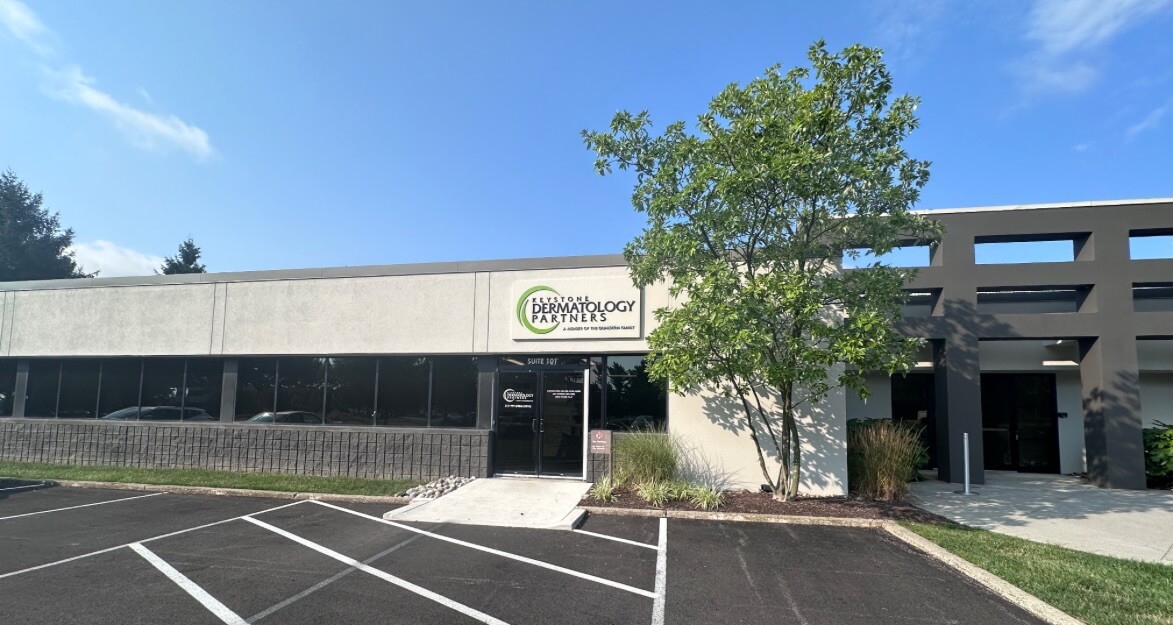Surgical Excision
Surgical Excision: A Precise Approach to Various Dermatology and Skin Cancer Concerns
Surgical excision is a highly effective method for removing various skin issues, including skin cancer, by carefully cutting out the affected area along with a margin of healthy surrounding tissue. This approach is essential to ensure that all cancerous cells, which may have spread into nearby tissues, are fully removed. The inclusion of a margin is a key step in preventing recurrence and achieving the best possible outcomes for patients.
At Pinnacle Dermatology, our skilled surgeons employ advanced surgical excision techniques to treat skin conditions such as basal cell carcinoma, squamous cell carcinoma, and melanoma. By meticulously excising the affected area along with an appropriate margin of surrounding tissue, we strive to deliver comprehensive and effective care while reducing the risk of the cancer returning.
Examples of Surgical Excision
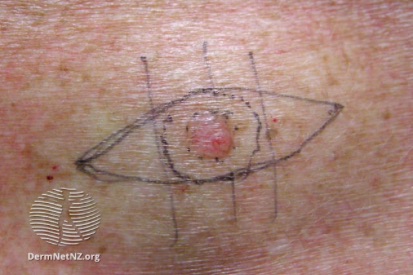
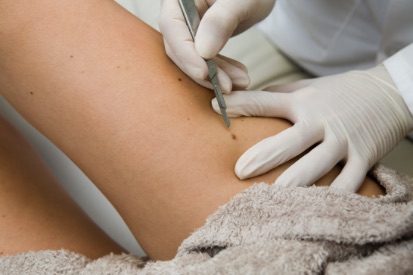
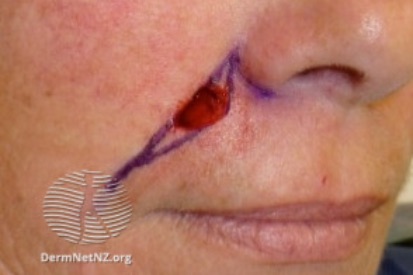
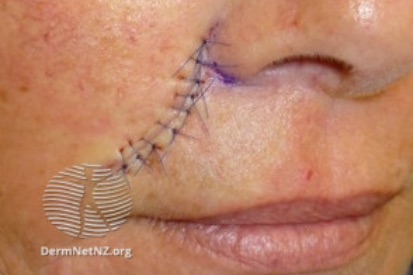
What is Surgical Excision?
The procedure, conducted under local anesthesia, entails a precise incision around the lesion to ensure complete removal with a margin of healthy tissue. Following excision, the incision is closed with stitches, and the extracted tissue is sent to a laboratory for analysis.
What are the Benefits of Surgical Excision
Offering immediate results and low recurrence rates, surgical excision addresses concerns promptly. Surgeons prioritize aesthetic outcomes by minimizing scarring, making it a reliable approach for the removal of growths with both diagnostic and therapeutic benefits.
Surgical Excision in Philadelphia: How Keystone Dermatology Can Help
Patients undergoing surgical excision can expect a personalized treatment plan carefully designed to meet their unique needs. We focus on achieving both functional and cosmetic outcomes, aiming for minimal scarring and optimal healing. The recovery process is closely monitored, with detailed aftercare instructions provided to support a smooth and speedy recovery.
For those facing skin cancer or other skin concerns, surgical excision at Keystone Dermatology offers a dependable and effective solution. Schedule a consultation with our experienced practitioners today to discover the benefits of surgical excision and how we can help you achieve healthy, cancer-free skin.
Surgical Excision Frequently Asked Questions (FAQs)
The excision surgery itself should not be painful, as your provider will likely numb the area with local anesthesia before the procedure. However, you may experience some swelling, soreness, or pain following the procedure. Your provider may recommend icing the area and taking pain medication to minimize discomfort.
Our dermatologists find that most excision wounds heal in about one to three weeks following the procedure. If a skin graft or flap was required to close the wound, the healing process may take up to two months.
Yes, surgical excision usually results in a scar that is generally the same size as the incision. Before your procedure, discuss with your doctor what the scar might look like and how to care for your incision afterward to help reduce scarring.
What to Expect at Your Surgical Excision Appointment
The dermatologist will precisely remove the lesion, including a margin of healthy tissue, followed by closure with stitches. Postoperative care guidelines, including wound care and activity restrictions, will be provided, and follow-up appointments may be scheduled as needed. Throughout the appointment, the dermatologist prioritizes your comfort, information, and readiness for a successful surgical excision experience.
How to Prepare for Surgical Excision
Follow specific pre-procedure instructions from your dermatologist, which may include adjusting medications or skincare routines. Take the opportunity during the consultation to ask questions about the procedure and postoperative care.
Planning for Recovery after Surgical Excision
Featured Blogs
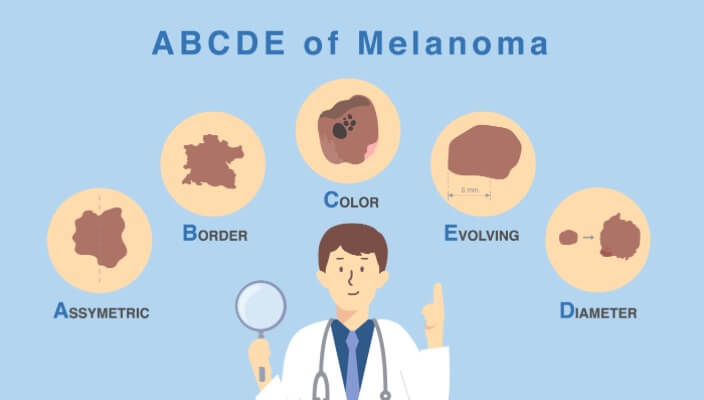
- Skin Cancer
- Skin Exams
With skin cancer cases rising year after year, it’s no surprise that people are itching to learn more about this life-threatening skin disease
Read More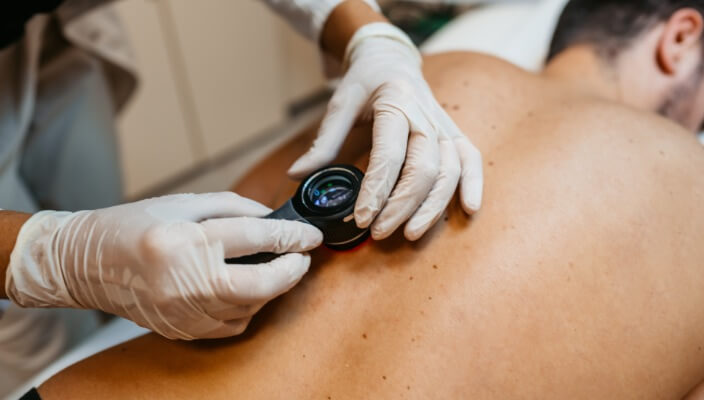
- Skin Cancer
- Skin Exams
In this blog, we’re covering what you need to know about five dangerous skin cancers, including basal cell carcinoma (BCC), squamous cell carcinoma (SCC), malignant melanoma, merkel cell carcinoma, and kaposi sarcoma.
Read More
- Skin Cancer
- General Dermatology
- Skin Exams
Navigating the landscape of Total Body Skin Exams: Uncover the comprehensive process, understand why it matters for skin health, and gain insights into what to expect during these essential dermatological examinations.
Read More
